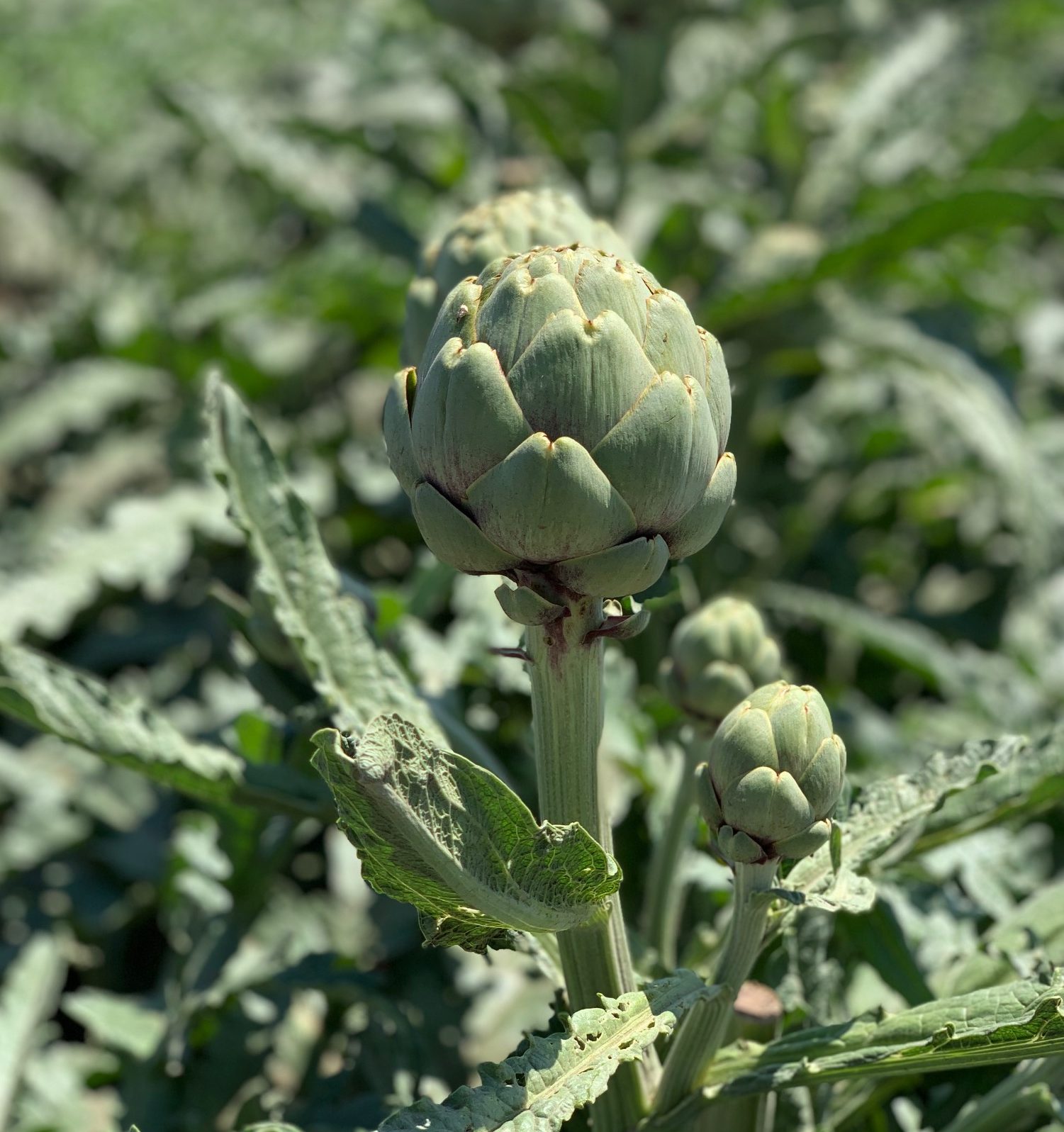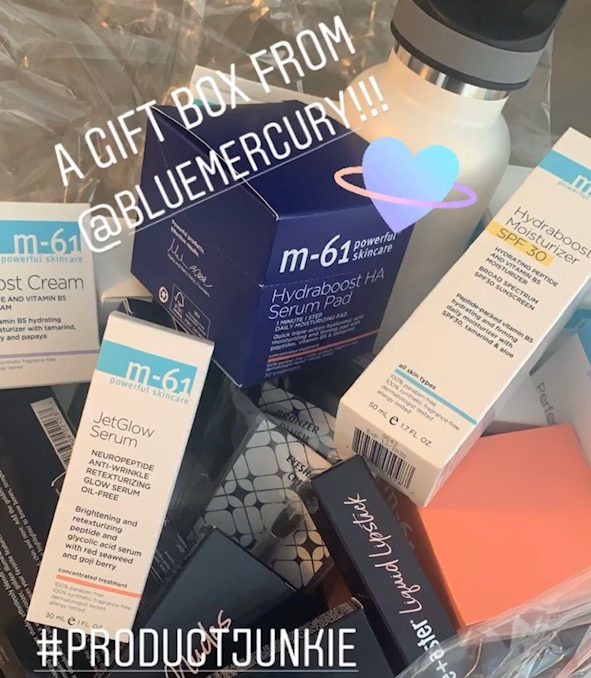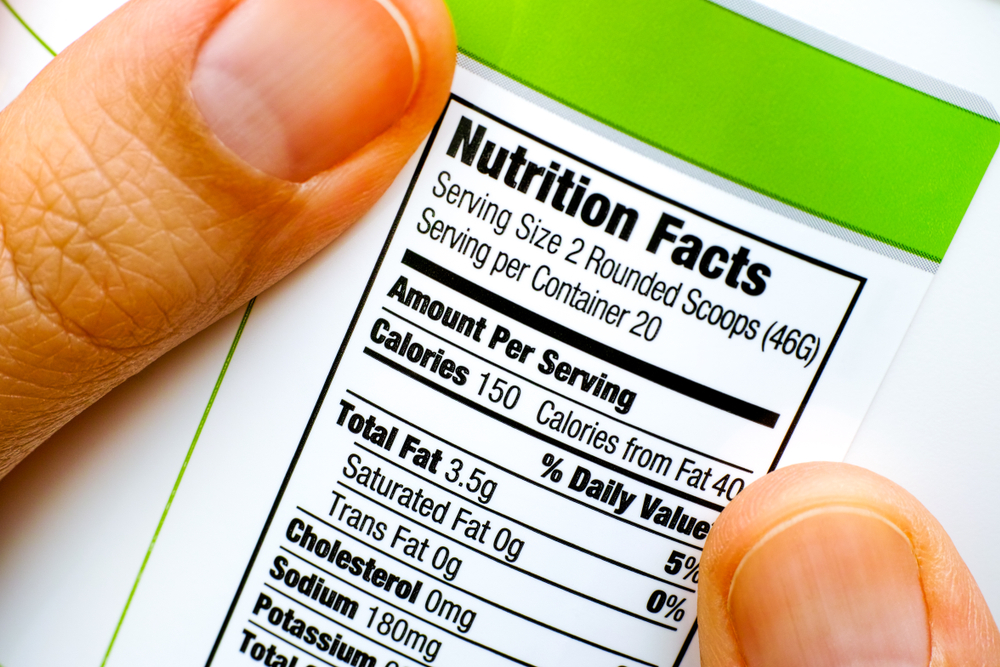
Photo by me
I recently had the amazing opportunity to visit Monterey, CA on behalf of the Alliance for Food and Farming and Markon Cooperative, for their “Facts Not Fears Tour”. This trip consisted of farm tours to see strawberries, romaine lettuce (seen above), iceberg lettuce, celery and artichokes directly in the fields. It never gets old for me seeing how our food is grown and then hearing about the steps that bring it to our table. There are many myths that float around in the produce industry and being able to speak with growers, distributors, scientists and other registered dietitians for two full days around this topic was priceless. I only wish my father was still alive so I could stop whining about weeding and tell him how much I fully appreciated his home garden.
In this week’s The Keri Report:
- You Ask, I Answer: Are Pesticides Safe?
- 4 Top Nutritionists Reveal Their Complete Skin-care Routines
- Why the CICO Diet Isn’t a Healthy Way to Lose Weight

Photo by me
You Ask, I Answer: Are Pesticides Safe?
I admit, I went to the conference in Monterey with a bit of bias. I already had formed an opinion on the safety of pesticides. BUT to be honest, I wanted to still learn MORE. Maybe I was misinformed? Maybe my reasoning for feeling they were safe, and communicating as such, was not associated with enough scientific evidence? Well, to make a long story short, I still believe pesticides are safe.
Here’s why:
1. Pesticide residues are so low a child could eat 100’s to 1,000’s of servings of a fruit or veggie in a day and not have any health effects from residues. Check out this pesticide calculator.
2. USDA/FDA data shows pesticide residues on foods tested are at levels well below the tolerances established by the EPA and “pose no safety concern.” More info!
3. Analysis of the so-called “dirty dozen” list found that substitution of organic produce for conventional did not result in a reduction in risk because residues on conventionally grown produce are so minute. IN other words – the DOSE makes the POISON. Read more.
I will add though that prior to my trip I spoke with my niece who had two very legitimate concerns that I had not thought of: 1. Run off from pesticides into our water supply (she’s a marine biologist); and 2. Risk to farm workers. I asked the scientists. What I found out is that at the moment we really don’t know enough about the harm of run-off and more research is needed. And as for the farm workers, it is true that some are allergic to sulfur which is actually found in both conventional and organic pesticides.
At the end of the day, I think what is MOST important is that as a society we eat MORE fruits and veggies. Choose whichever you want, but CHOOSE them!!!!
This post has been paid for by the Alliance for Food and Farming, but my opinion is 110% my own.

Photo by me
4 Top Nutritionists Reveal Their Complete Skin-care Routines – Allure Magazine
BOY, was I glad somebody finally asked!!!! OK. YES, I am a product junky. And maybe love trying new beauty products as much as new foods. Hmmm, maybe a tad more? In any event, such a fun story to be interviewed for. I even got a gift box from Blue Mercury afterwards. Remember, we are what we eat, and our food choices can definitely influence our skin’s health. BUT, it also helps to take care of your skin from the outside as well!
Why the CICO Diet Isn’t a Healthy Way to Lose Weight – Prevention Magazine
Calories in versus calories out – it’s that simple, right? Not exactly! If we are talking about health, than the answer is NO. Just because calories might be the same for some foods, their nutritional make-up can be completely different. Some may be packed with lots of vitamins and minerals, others nill. As for weight loss? Yes, calories matter a lot – but again, some foods will fill you up more than others helping to decrease your hunger in the long run. For example, a 100 calorie bag of chips will probably not be as satiating as 100 calories of protein packed Greek yogurt. Case closed?


